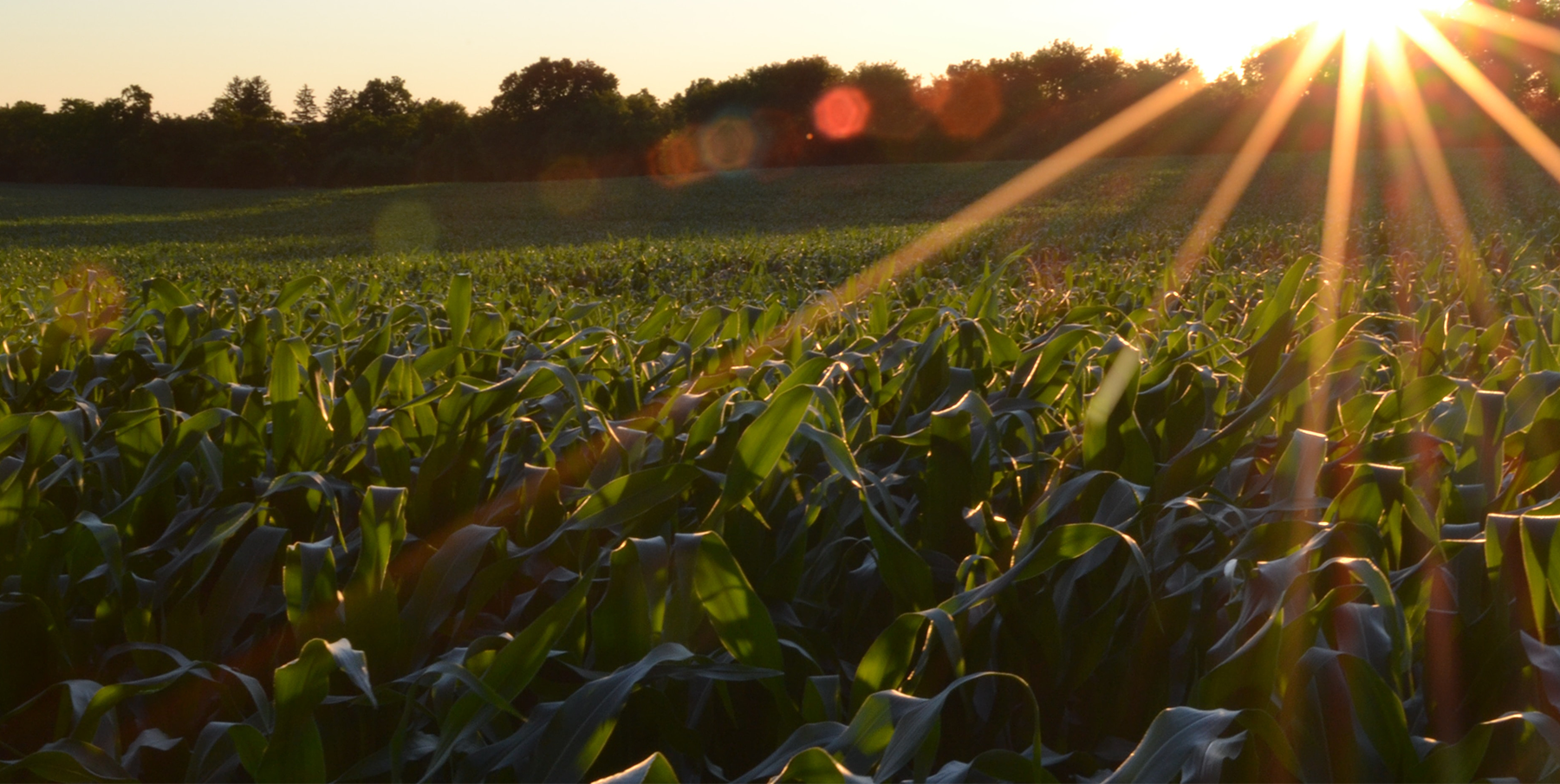The magnitude of genotype by environment interaction (GEI) is crucial for selecting high performing and adapted genotypes for targeted breeding. The aim of the study was to determine GEI of newly-developed mutant and traditional sorghum lines for grain yield and yield related traits for drought-prone areas of Namibia. Fifty sorghum genotypes were evaluated under feld conditions using a 10×5 alpha lattice design with three replications. The experiments were carried out in four environments with two growing seasons in Namibia. Data were collected on grain yield and related traits and subjected to the Additive Main Efects and Multiplicative Interaction (AMMI) model. The AMMI model showed that 93.9% of the total genetic variation was attributed to days to 50% fowering (DF), while 94.04% of the variation was due to plant height (PH), 86.52% to panicle weight (PW), 70.67% to thousand-grain weight (TGW), and 90.68% to grain yield (GY). The larger variations attributed to genotypic efects for PL (36.3%), TGW (33.2%) and PH (20.7%) are useful for genotype selection for yield related traits. Based on a multi-trait biplot and Best Linear Unbiased Prediction (BLUPs) analyses of the GEI data across all drought-prone testing environments, the medium maturity mutant line designated as L7P9-13 was selected as the best yielding (2 tons/ha) and recommended for drought-prone area of Namibia
Wanga, M.A., Shimelis, H. and Mashilo, J. (2022). Genotype by environment interaction of newly developed sorghum lines in Namibia. Euphytica (2022) 218:147
Available at: https://doi.org/10.1007/s10681-022-03099-5






